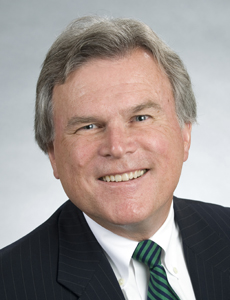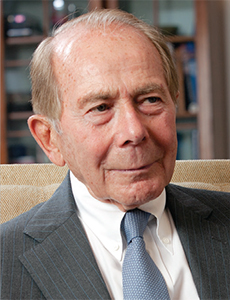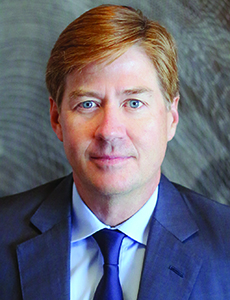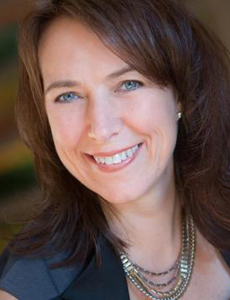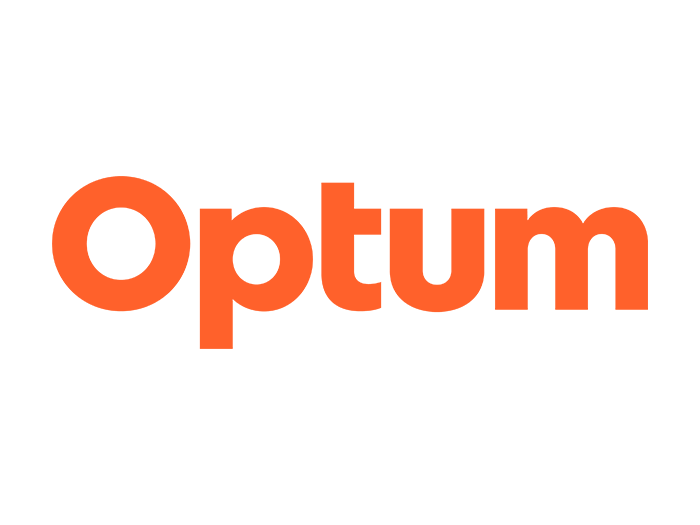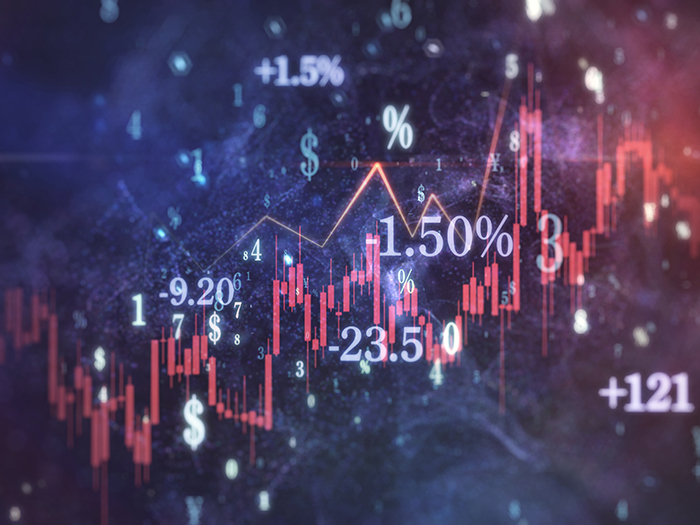Black Swan: Politics
Burning Down the House
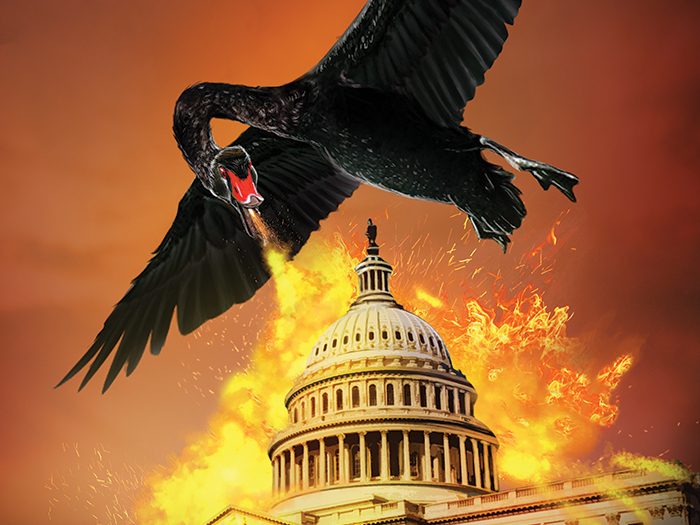
When politics as a whole gets stale, it’s refreshing when leaders with novel ideas come in and shake things up, rejuvenating the country’s imagination. Take it too far, though, and all that shaking can trigger a firestorm, threatening to turn the foundation to rubble.
The 2016 election cycle, at times more social media circus sideshow than electoral process, has the potential to substantially undermine business. Early on, it was easy to dismiss candidates’ “crazy” platforms and comments as hot air or just grabs for media attention. Over time, though, even the most radical of those ideas — whether from the left or the right — began to gain actual traction, leaving political and business leaders with knots in their stomachs.
For the past year, candidates have been beating the drum for dramatic changes to America’s approach to free trade, immigration, wages, taxes, education, foreign policy and globalization. The public, rather than rejecting or ignoring the rhetoric, has latched on. No matter how unworkable, impractical or seemingly ludicrous an idea a candidate has thrown out there, supporters are taking up the torch and running with it.
When the rhetoric is viewed through the sober lens of economic policy, many business leaders are worried that the proposals inflaming populist anger would unravel much of the economic foundation built since the end of WWII.
Concerns have deepened further since the UK’s “Brexit” surprise, a populist vote of no confidence against unchecked globalization and immigration — some of the same issues fueling the American populist movement against the establishment and political elites.
In the blink of an eye, British voters unraveled a structure in place for more than 40 years. Could it happen here? Without a doubt.
An Unquiet Nation
Much has been written about how candidates who would have been a blip on the radar in other election years managed to take center stage this time around. But there’s no real mystery to it.
The nation is angry. Rosy looking unemployment statistics hide the real picture of an increasing number of Americans underemployed, or getting by on contract work that provides no job stability or benefits.
For everyone else, wage stagnation is the not-so-new normal. The middle class is shrinking as the income equality gap widens by the week. Meanwhile, the Panama Papers are only the latest reminder that the world’s wealthiest have even more than they’re letting on.
“Anger among a great deal of the populace is not good news for anyone, business or otherwise,” GOP analyst Reed Galen said.
“You take a look at the angst and the anger here in the United States, and that’s being played out through the election process,” said Kevin Kelley, CEO of Ironshore. “[It stems] from this notion that there’s just not enough jobs, not enough opportunity and we need change.”
The U.S. turmoil is not happening in isolation, said Hank Greenberg, chairman and CEO of Starr Cos. “We are not in a world by ourselves. You have to look at the whole global economy, and things are not particularly brilliant in Europe. You have several central banks where you have negative interest rates, and you have negative interest rates in Japan. You have a global economy that is not particularly buoyant.”
“You need people with stable minds who understand the responsibility they have in maintaining a world order.” — Hank Greenberg, chairman and CEO, Starr Cos.
In addition to anemic job creation in the U.S., “you have the market at 24-25 times earnings. We have huge debt, national debt — maybe as high as we have ever had, maybe even larger,” said Greenberg, who served on the President’s Advisory Committee for Trade Policy and Negotiations during the first Bush administration.
“And you have an election coming up which through the primaries was more divisive than anything I have ever seen,” he said.
“It’s a backdrop,” said Kelley, “for a whole series of potential things that we’re facing, and by ‘we’ I mean those of us who take risk and those of us who manage risk.”
Voters have lost faith in institutions they thought they could trust, from the government to corporations to banks and the media. And they have lost faith in the ability of career politicians to fix what ails the country. So when anti-establishment candidates stepped up to the mic and said, in essence, “Let’s blow up the status quo!”, voters said, “Bring it on.”
Looking at the economic situation tangled up with a social environment rife with protest, terrorism and violence, business leaders are hoping that once the election hoopla is over, the new commander-in-chief will be a calming influence.
“So you have a world where you have to weave your way through, and I think it would be a time to be a little more conservative than you would be otherwise,” said Greenberg.
“You need people with stable minds who understand the responsibility they have in maintaining a world order. … Having stability is very important — one of the most important things that each country has to manage in their own way.”
For businesses, a degree of uncertainty in election years is par for the course, particularly when there is no incumbent. But the question has typically boiled down to which party gets the White House, Republicans or Democrats? From there, making an educated guess about what the next four years would hold was a fairly academic exercise. Right now though, there are too many unknowns to make assumptions, and it’s making business leaders noticeably uncomfortable.
“Uncertainty is worse than just about anything,” said Galen. “If you know something bad is definitely going to happen … you’re not going to like it, it’s going to be terrible, but at least you can plan for contingencies around it.” But a volatile candidate “offers you no real chance to do that. You just have to hope and pray that whatever he does or does not do is not the death knell for your industry or your business.”
According to a Duke University/“CFO Magazine” survey in June, nearly half of U.S. firms reported pulling back on employment or investment as political uncertainty clouded their overall business outlook. And eight out of 10 CFOs said the U.S. economy faces moderate to large political risk due to election uncertainty.
“Companies take a big pause in the face of severe risk, delaying or scaling down business spending plans until the risk dissipates,” John Graham, the director of the survey, wrote in the report. Executives surveyed anticipated capital spending growth of 1.1 percent over the next year, down from 5.8 percent growth anticipated this time last year.
“For those of us who run global businesses, if we end up with an erratic president and/or loose cannon, we may be less willing to invest in the U.S. until we see how things are going to play out,” said Mark Watson, CEO of Argo Group International.
The Stroke of a Pen
Doomsday predictions make for catchy headlines, but it’s safe to assume that on the morning after the 2017 inauguration, we won’t be waking up to some dystopian New World Order, no matter who gets sworn in.
The markets aren’t likely to collapse either. According to “Fortune” magazine, the evidence of the past 70 years shows that presidential elections barely affect the economy at all.
But don’t exhale just yet.
The U.S. Constitution may spread the power across the branches, but sources point out that the power of executive orders — and the potential for abuse of them — should give business leaders pause.
Consider that Lincoln’s Emancipation Proclamation was enacted via executive order, as was the establishment of the Works Progress Administration — the lynchpin of Roosevelt’s New Deal. Of particular relevance to some of the more extreme rhetoric to come out of current campaign sound bites, Roosevelt also used an executive order to send 120,000 people of Japanese descent to internment camps — the majority of them American citizens.
“Hopefully there’s enough separation of powers so that a zealous president, Republican or Democrat, can be held in check by a vigilant legislative branch.” —Mark Watson, CEO, Argo Group International
In more recent history, President Obama issued a 2014 executive order to raise the minimum wage for all federal contractors and subcontractors from $7.25 to $10.10. It’s possible that the next president could do the same to quickly push through the popular call for a $15 minimum wage, putting upward pressure on states to keep pace.
Several presidents have been accused of overstepping the authority of the executive branch. The U.S. Supreme Court recently affirmed an appeals court decision in United States v. Texas that challenged President Obama’s 2014 executive order that limits the deportation of certain illegal immigrants. Twenty-six states and the House of Representatives filed suit, arguing that the president effectively rewrote the immigration laws, and also imposed an unlawful financial burden on the states.
“Hopefully there’s enough separation of powers so that a zealous president, Republican or Democrat, can be held in check by a vigilant legislative branch,” said Watson.
Political appointees offer the presidency added opportunities for influence. The next president’s choice as a successor to Federal Reserve Chairwoman Janet Yellen is on the minds of many, said Jon Lieber, United States director at global political risk research and consulting firm Eurasia Group.
“Political independence of the Fed is one of the cornerstones of our modern macroeconomic policymaking today. … If [the next president] appoints someone that isn’t as protective of the independence of the Fed, that has a material impact on the dollar; that has a material impact on interest rates; it has a material impact on the stock market; and it will have ripple effects that extend throughout the entire economy.”
Experts also caution that if the way the election campaigns have been run is any indication, the next president may not stop at executive orders or any other standard approach to getting things done. The contenders have shown a notable lack of interest in doing what’s expected of them, said author Meg Murer Tortorello, former senior vice president with the Property Casualty Insurers Association of America.
“They are not looking to follow the establishment thinking that ‘This is the playbook; these are the rules to follow.’ ”
Deepening the uncertainty about how any of the candidates will act once elected, there is the fact that the high level of volatility in the presidential campaign could impact other elections in unexpected ways.
“People should be looking at what’s happening down the ticket. They need to think about the disruption down the line,” said Tortorello. “It is not a quiet country right now. As the voices continue to be loud and grow louder, I don’t think Congress is going to be able to get away with business as usual if they want to keep their seats. That will be a different pressure than we’ve seen in the past.”
“The polarization of the candidates that exists in this election cycle means that it is also possible for Congress to turn over in a variety of different ways,” added Dr. Eric Eisenstein, director of the business analytics program, department of statistics, at Temple University’s Fox School of Business.
“Those things also ruin your estimates about how stable things are or how likely things are to be implemented. I think it is particularly [unclear] right now what will happen with Congress. … I feel like I’m on solid ground in saying that this is a more up in the air, more uncertain jump ball than usual.”
Getting Into the Weeds
“Until after the election, or until the policies become clearer, there is a case — if it’s not too costly — to put off investments, especially fixed and irreversible investments, and maybe not do so much hiring [or firing] but to just kind of stay where you are and put off some decision-making to the future,” said Scott Ross Baker, assistant professor of finance at Northwestern University’s Kellogg School of Management.
But delay, in this case, may be an insufficient risk management plan.
“If people are sitting on the sidelines watching how the elections are going to play out this fall, thinking they’re going to have a year before the presidency and Congress can really get going, I think that is a big risk,” said Tortorello.
Company leaders cannot rely solely on checks and balances, said experts, or assume that political gridlock will be enough to prevent dramatic upheavals.
“If you are charged with that task of looking down the road … and asking what is the environment going to look like for us from a governmental or from a regulatory perspective, the idea that you’re somehow not worried at all about it seems foolhardy,” said Galen.
“Over the course of the last 60 or so years, the executive branch has taken on and been given enormous independent authority by the legislative branch.”
“It’s more important than ever to follow these kinds of political developments,” added Lieber. “Unfortunately, companies have to spend more time getting into the weeds of what’s happening with the federal government [and] what’s happening in the regulatory space as it affects their industry.
“Part of that’s just a matter of paying attention … and understanding where the pressure points are. It’s important in a way that I think it wasn’t 20 or 30 years ago for corporations.”
Now is the time to be thinking about how to manage the potential risks, experts said.
“Companies that are being more proactive and trying to mitigate some of those risks now, those are the ones that are going to be more successful within the next year, two years,” said Tortorello.
Executives can begin to assign probabilities to the things their company leaders are worried about, said Ironshore’s Kelley.
For example, he said, “What happens if economic growth comes in even lower than we think? What’s the probability of that? Because that would have impacts on risk and how you mitigate risk. What happens if Fed policy gets misinterpreted and interest rates move up more quickly than the market thinks? That would have an impact on business.”

Mike O’Connor, CEO, Aon Risk Solutions
The issues outlined on the candidates’ websites can function as a jumping-off point, said Tortorello. “Overlay that with a lens of what could happen with gridlock, which are going to be easier wins, which are going to help drive economic growth.
You can, in a sense, create a grid for your company to think about which could really impact you and which has a higher probability of moving more quickly or more slowly.”
“Having the organization reflect on the potential impacts, the magnitude of the potential impacts, and how they would react is a completely logical approach,” said Mike O’Connor, CEO of Aon Risk Solutions.
“The best way to be prepared is to be proactive,” he said, which means having a mind-set of resiliency and “looking out the windshield rather than the rear-view mirror in terms of understanding what might impact their businesses.”
An Opportunity to Step Up
Executives are hopeful that all of the current turmoil will eventually result in change for the better.
The economy obviously needs more growth, said Kelley, “and one good way to help stimulate that is through infrastructure spending. I think regardless of who the next president is, there’ll be a lot of focus on that and there’ll be a lot of benefit to the economy if that is done right.
“We could end up creating more jobs and ultimately improving productivity. If we improve our roads, our airports, the byproduct is not just jobs today, but improved productivity for tomorrow. I think that is not foolish optimism.”
Tortorello hopes business leaders will take that kind of thinking a step further and work to be a part of what drives that change by sharing their ideas with candidates, with the White House, and with congressional leaders.
“[Executives can] take a look at the laws that are hampering innovation, the laws that are hampering job growth and job creation — what are the laws that are holding their communities back from building and prospering?
“There’s an opportunity for the business sector to think about what would help their companies, what would help their market sector, what would help their community and their country, and put those ideas forward.”
Tortorello added that the exercise of developing those ideas can be of great benefit to companies as they think about the outcome of the elections and their organizations’ risks and goals.
“When you’re sitting down with your senior management team and talking about what’s holding us back or what would help us jump forward, it helps you think outside of the box. It helps you think more like a disruptor.”
That can help companies think through ways to be more agile once the elections happen, she said, while also helping them understand the role they can play in helping the overall economy, creating jobs and helping the country prosper.
“Executives need to be thinking through the disruption,” said Tortorello. “Regardless of who wins, there are opportunities for the business sector to step up and help — help calm some of the unrest of our nation as well as create innovative opportunities and mitigate their own risks.
“The business sector, I hope, won’t sit on the sidelines. We can be a part of the conversation to really help the country.” &

